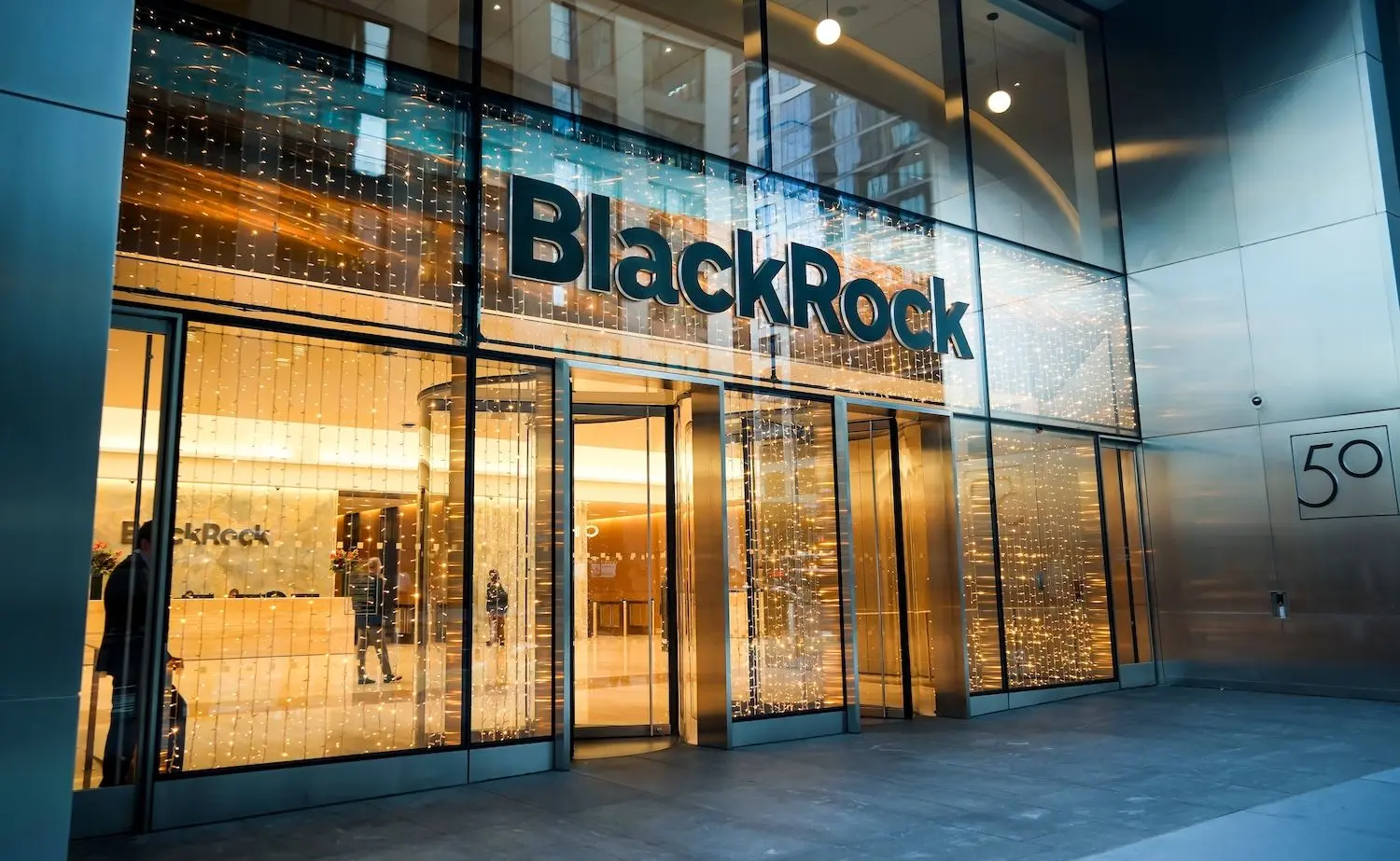BlackRock Inc., the world's largest asset manager, has definitively ruled out launching spot exchange-traded funds for XRP or Solana in the near term. The decision comes despite increasing speculation following Ripple's recent legal victory against the Securities and Exchange Commission and mounting industry pressure for broader cryptocurrency ETF offerings.
What to Know:
- BlackRock executives cite minimal client demand beyond Bitcoin and Ethereum, with the next largest cryptocurrency representing only 3% of market capitalization
- The company's existing Bitcoin and Ethereum ETFs have attracted $19 billion in institutional investments this year, with only a fraction of BlackRock's clients currently participating
- Industry analysts suggest BlackRock may be missing opportunities as banks and corporations increasingly adopt stablecoins settled on blockchain networks
Corporate Strategy Focuses on Established Assets
The asset management giant's position contradicts recent speculation from ETF Store President Nate Geraci, who suggested BlackRock might enter the XRP market following Ripple's legal resolution.
BlackRock responded within hours, clarifying it has "no plans at this time" to launch spot XRP or Solana ETFs.
Geraci had theorized that BlackRock was waiting for the conclusion of Ripple's prolonged SEC battle before filing for an iShares XRP ETF. He also highlighted Ethereum's institutional momentum, citing research indicating Bitcoin's dominance is declining as financial institutions embrace stablecoins on open-source blockchain platforms.
The rejection reflects BlackRock's cautious approach to cryptocurrency expansion beyond its two existing offerings. Company executives have consistently emphasized that client interest remains concentrated in Bitcoin and Ethereum, which together represent approximately 73% of the cryptocurrency market by capitalization.
Market Dynamics Shape Investment Decisions
Robert Mitchnick, BlackRock's Head of Digital Assets, previously stated there is "very little" demand for additional crypto ETFs beyond the current offerings. His December comments highlighted the significant gap between established cryptocurrencies and emerging alternatives.
"Bitcoin represents about 55% of the market cap today. Ethereum is at 18%," Mitchnick explained. "The next plausible investible asset is at, like, 3%. It's not close to being at that threshold or track record of maturity, liquidity."
Jay Jacobs, head of BlackRock's ETF department, reinforced this position by stating the company has no plans for new altcoin-focused ETFs. Instead, BlackRock intends to expand participation in its existing Bitcoin and Ethereum funds, which have demonstrated exceptional performance since launch.
ETF analyst Eric Balchunas reported Jacobs emphasized that "just a tiny fraction" of BlackRock's clients currently own the company's Bitcoin (IBIT) and Ethereum (ETHA) ETFs. This untapped client base represents significant growth potential within existing products rather than new launches.
Institutional Investment Patterns Emerge
Samara Cohen, BlackRock's Chief Investment Officer of ETF and Index Investments, told Bloomberg that only Bitcoin and Ethereum currently meet the firm's criteria for investability and client considerations. She suggested it would be "a while" before other cryptocurrencies reach similar standards.
The conservative approach reflects broader institutional investment patterns. ETFs and treasury companies have purchased $19 billion in Ethereum this year, split between $7 billion in ETF investments and $12 billion in corporate acquisitions.
Balchunas agrees that BlackRock may see diminishing returns from expanding beyond its current crypto offerings. He believes the firm will unlikely pursue index-based cryptocurrency ETFs, which could potentially include XRP, citing the law of diminishing returns.
Understanding Cryptocurrency Investment Vehicles
Exchange-traded funds represent investment vehicles that track underlying assets and trade on stock exchanges like individual stocks. Spot ETFs hold actual cryptocurrencies rather than derivative contracts, providing direct exposure to price movements. Market capitalization refers to the total dollar value of all cryptocurrency tokens in circulation, calculated by multiplying current price by total supply.
Stablecoins are cryptocurrencies designed to maintain stable values, typically pegged to traditional currencies like the US dollar. These digital assets have gained traction among financial institutions for their price stability and blockchain settlement capabilities.
Market Response and Future Implications
The announcement reinforces BlackRock's methodical approach to cryptocurrency expansion. While some analysts view this as a missed opportunity, others see it as prudent risk management given regulatory uncertainties and market volatility.
Industry observers note that BlackRock's position may evolve as cryptocurrency markets mature and regulatory frameworks solidify. The company's influence in traditional finance means its eventual participation could significantly impact cryptocurrency adoption and pricing.
Closing Thoughts
BlackRock's rejection of XRP and Solana ETFs reflects its focus on established cryptocurrencies with proven institutional demand. The decision prioritizes expansion of existing Bitcoin and Ethereum offerings over diversification into smaller market cap alternatives.



